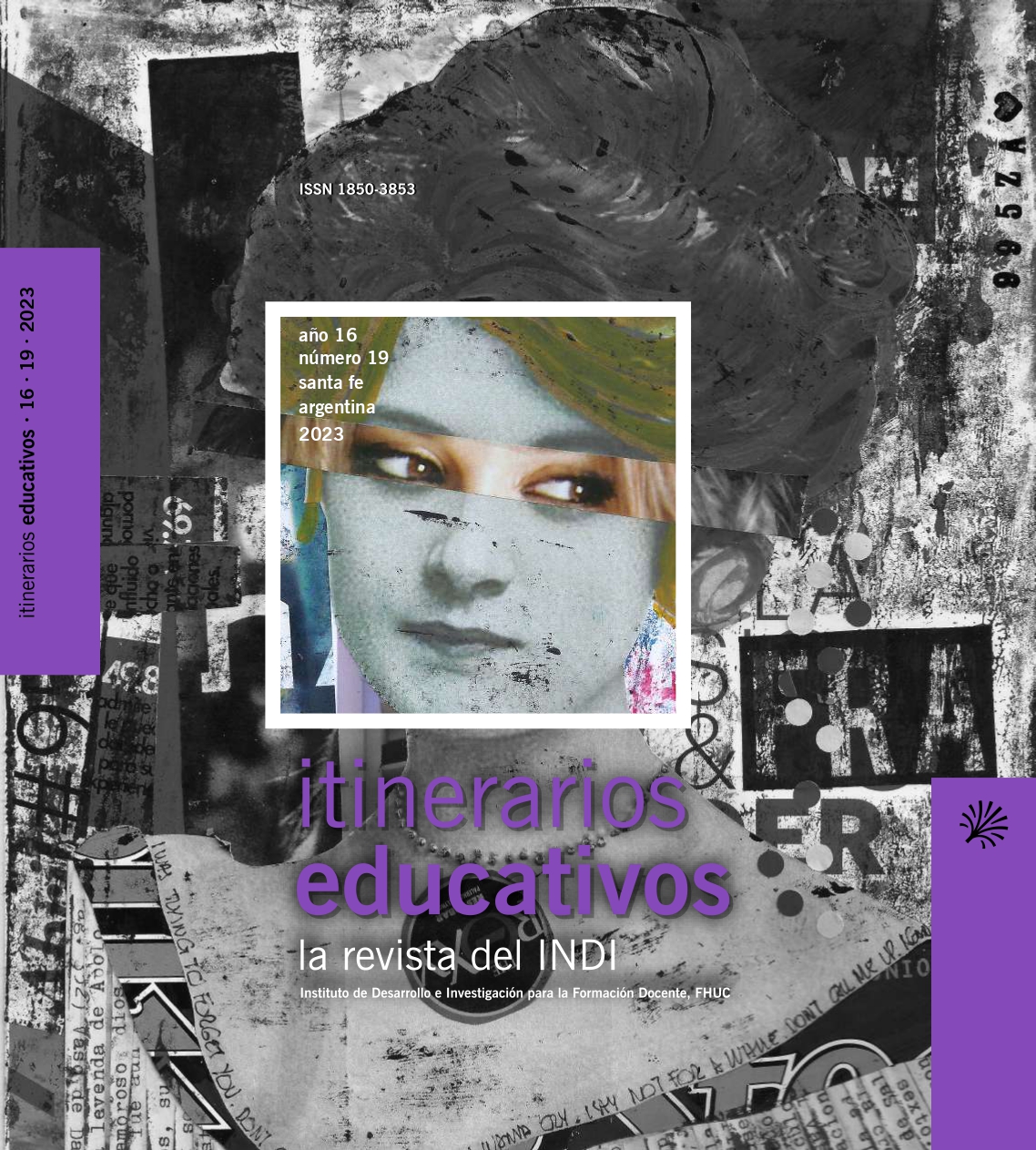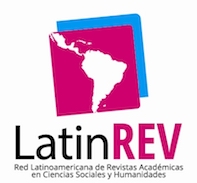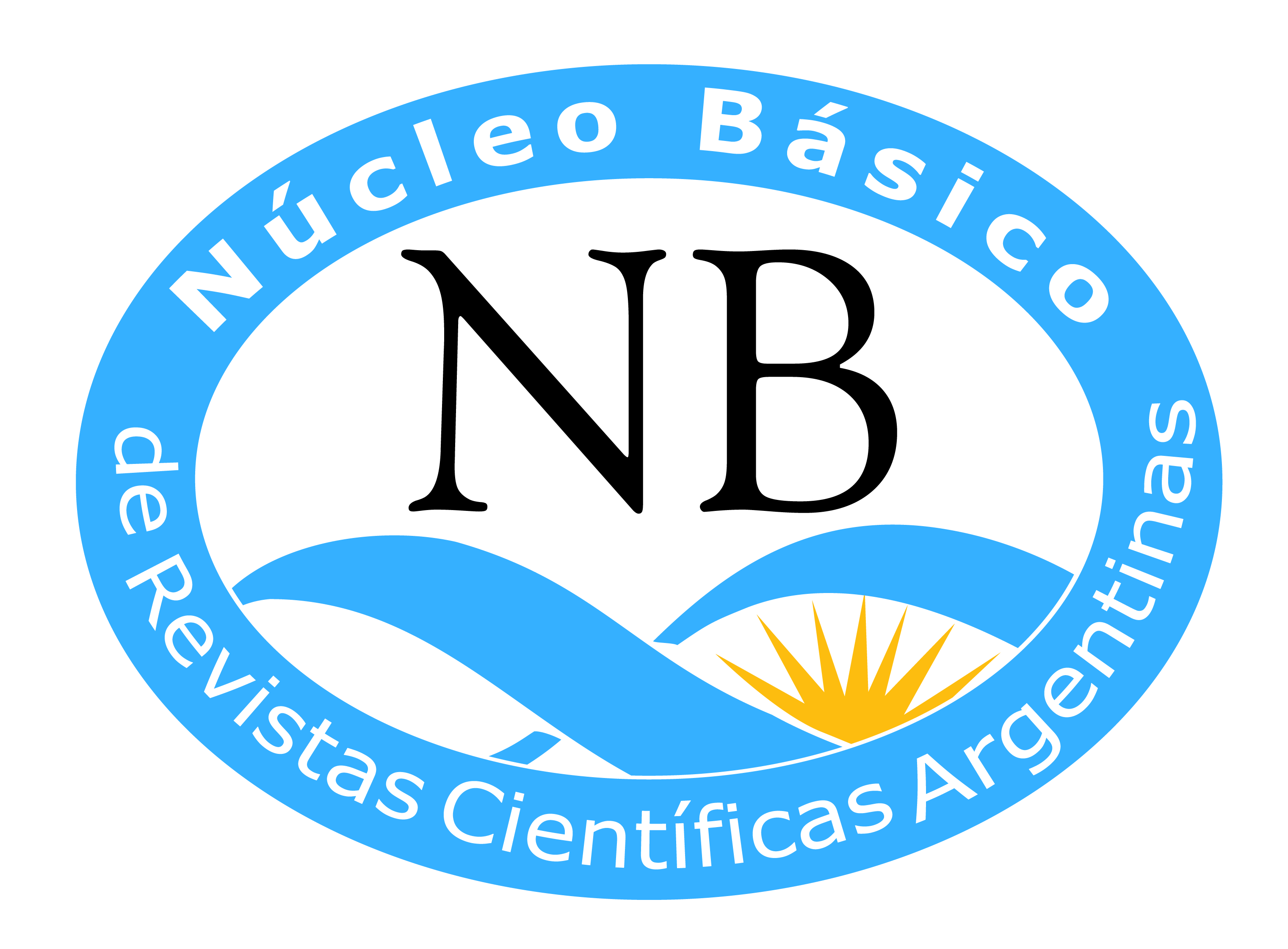«Una aspiración que asusta»
La temprana censura a la participación de los niños en la gestión escolar en Argentina
DOI:
https://doi.org/10.14409/ie.2023.19.e0054Keywords:
participation, school self-government, childhood, politicsAbstract
This work is part of the problem of the exclusion of children's participation in politics in general and school management in particular. Part of the development of the doctoral thesis that supports it focused on the analysis of two educational experiences promoted at the end of the 19th century and the beginning of the 20th century in which children were incorporated into school management.
In this article I will delve into the analysis of the debate that took place in the Chamber of Deputies of the Province of Mendoza in 1936, in which the relevance of the experience of school self-government led by the teacher Florencia Fossatti and that had resulting in his suspension.
The analysis of the documents of the time focuses on the social and political assumptions that structured the arguments presented for and against the experience in question and intends to investigate the question of the relationship between the sanction that Fossatti received and the Consolidation of the absence of school governments in the Argentine primary school throughout the subsequent decades.
Published
How to Cite
Issue
Section
License
Those authors who have publications with this magazine, accept the following terms:
The authors will retain their copyright and guarantee the journal the right of first publication of their work,
which will be simultaneously subject to the Creative Commons Recognition License that allows third parties to share
the work whenever its author and first publication this magazine.
Authors may adopt other non-exclusive licensing agreements for the distribution of the published work (eg, deposit
it in an institutional telematic file or publish it in a monographic volume) whenever the initial publication in this
journal is indicated.
Authors are allowed and advised to disseminate their work through the Internet (eg, in institutional telematic files
or on their website) before and during the submission process, which can produce interesting exchanges and increase
citations of the published work. (See The effect of open access).
















